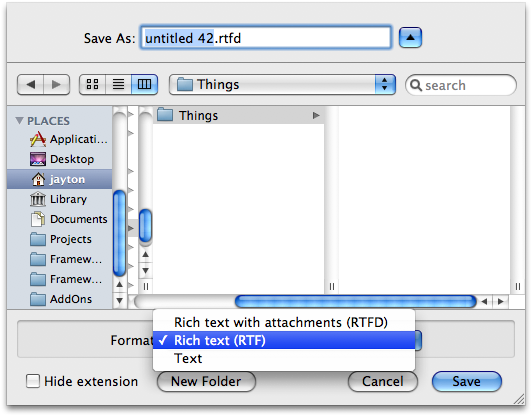In the autumn of 2010, a video of a sixteen-bit ALU in Minecraft by theinternetftw went viral. A month later, I’d bought the game, played around with circuits a bit and published a detailed description of a functionally identical (but much smaller) ALU on the Minecraft forum – although not exactly in that order.
Due to changes in the Minecraft forum you can now only read the original thread if you’re logged in, and the formatting is messed up, so I’m reposting it here.
By functionally identical, I mean that my ALU has the same instruction set as theinternetftw’s – the Hack instruction set developed for the book The Elements of Computing Systems. I haven’t read the book, but there’s enough information available online to implement the ALU and most other components.
I didn’t copy any part of theinternetftw’s implementation, but I did use pre-existing XNOR gates and adders as noted in the text.
Minecraft is a moving target, but the ALU still works perfectly (and performs much better). If I built it today, I’d consider using repeaters for the data and control busses, but probably stick with torches because repeaters still aren’t implemented in Redstone Simulator. (Repeaters are simpler, and also give you a signal speed of 18 blocks per cycle if you use them well. Torches can do 17, but only 16 in tightly packed parallel busses.)
Some references:
Original posts follow. They’re largely unedited, so they reflect the evolution of the ALU.
Continue reading →


